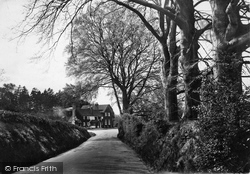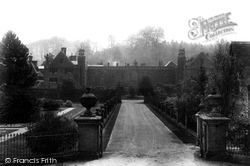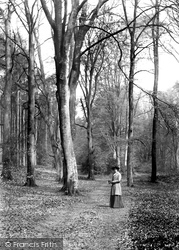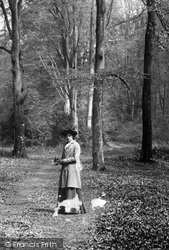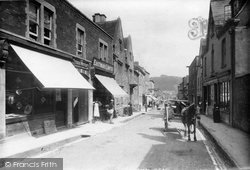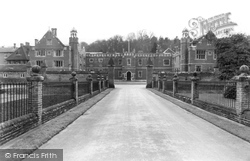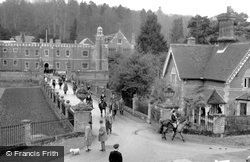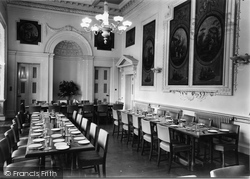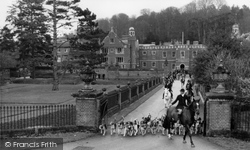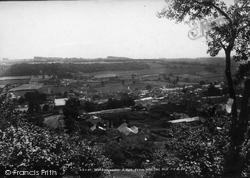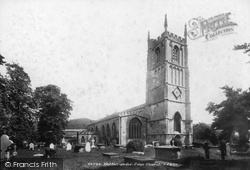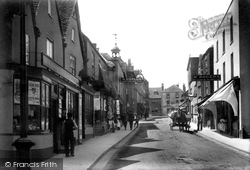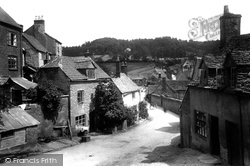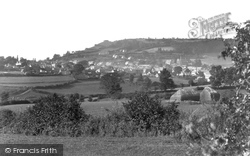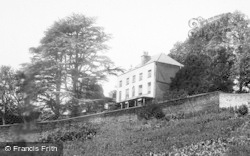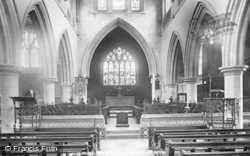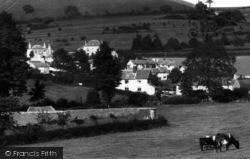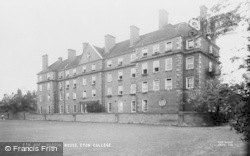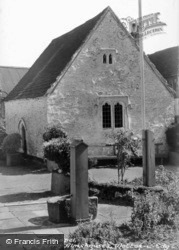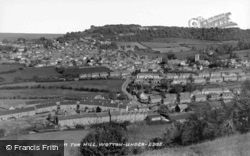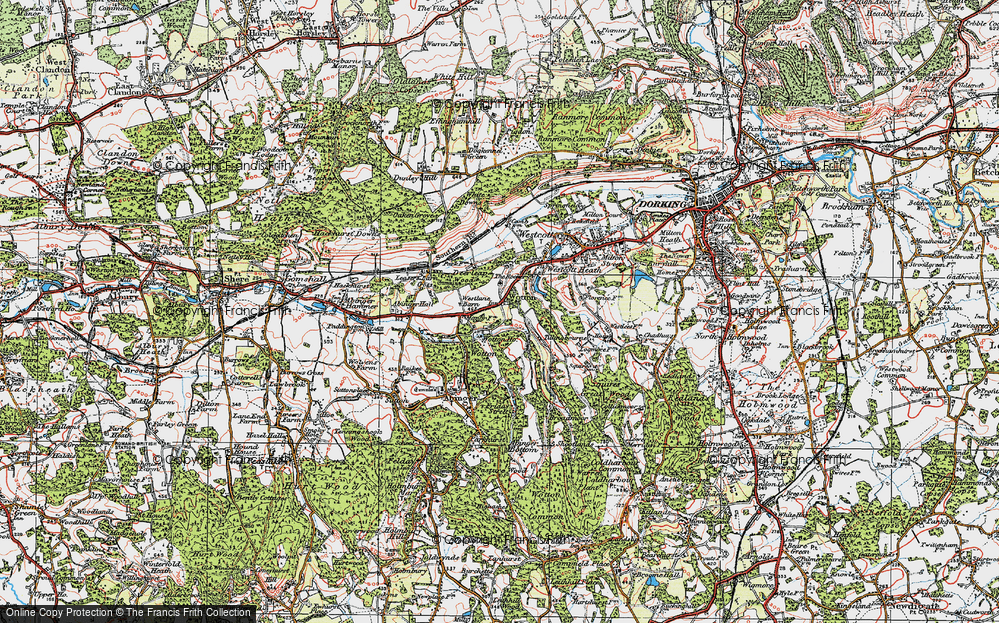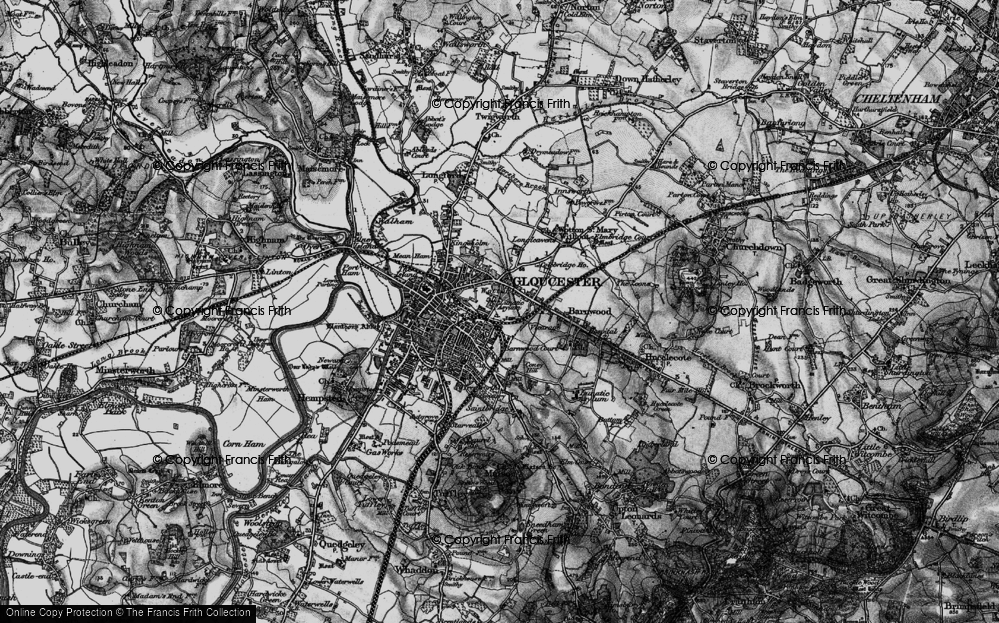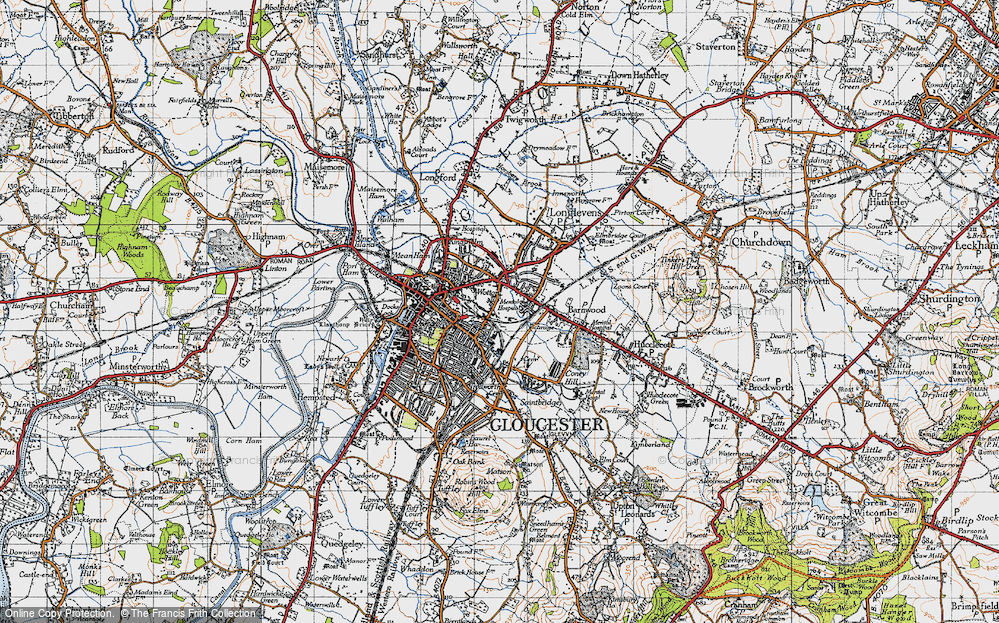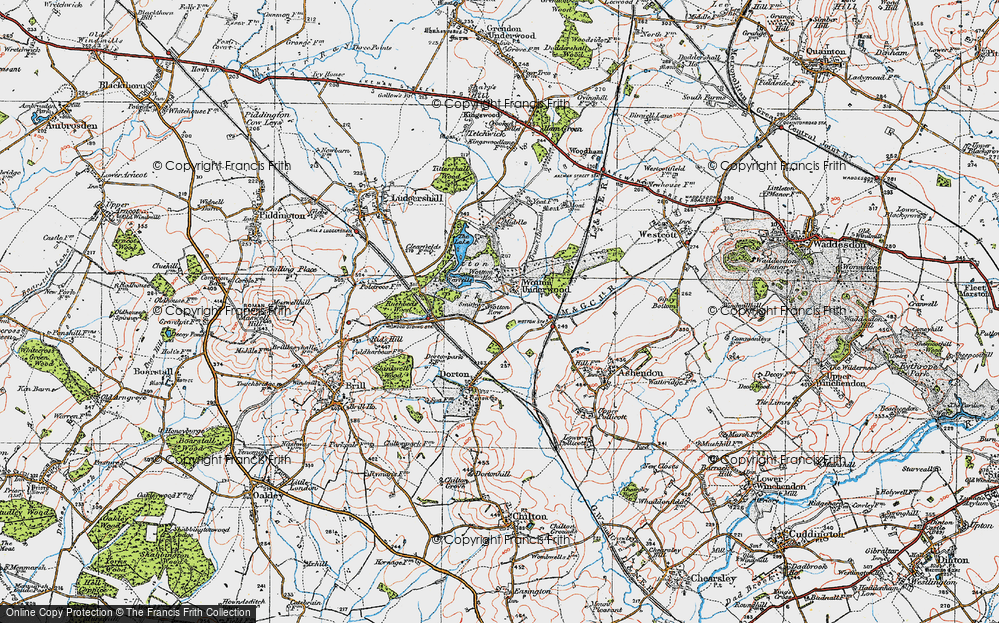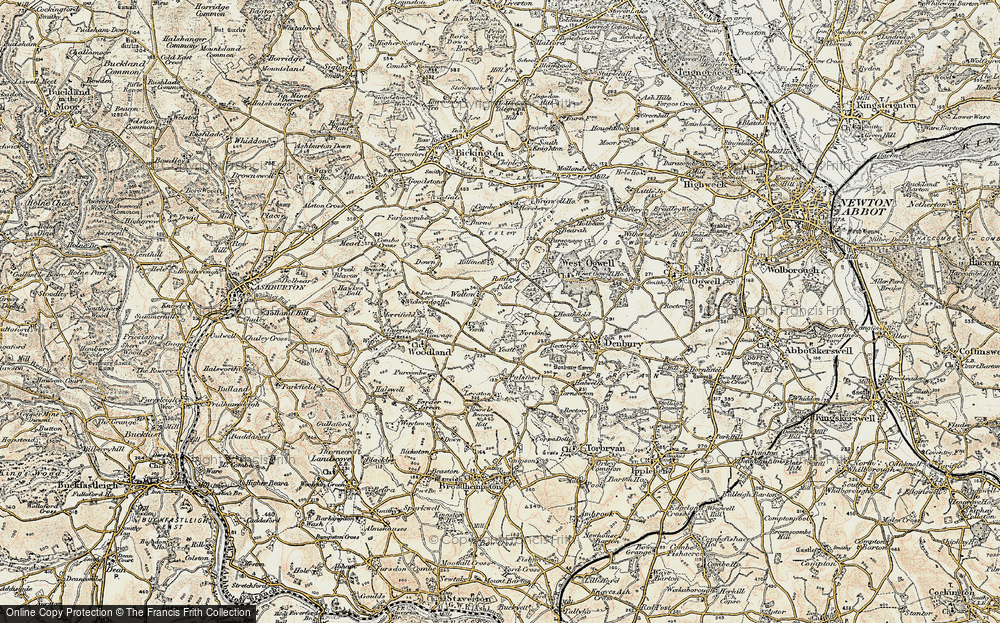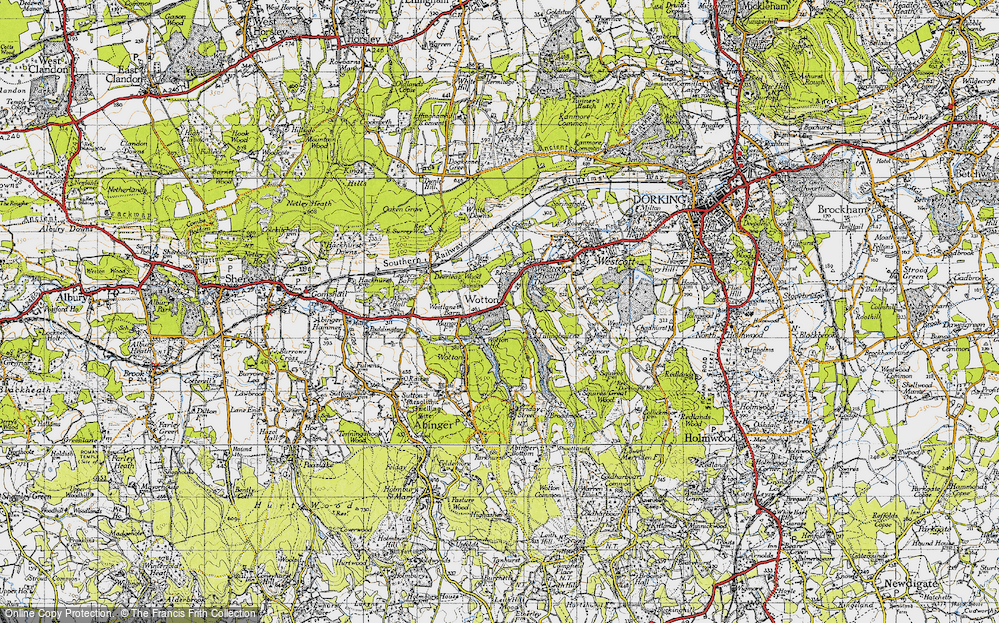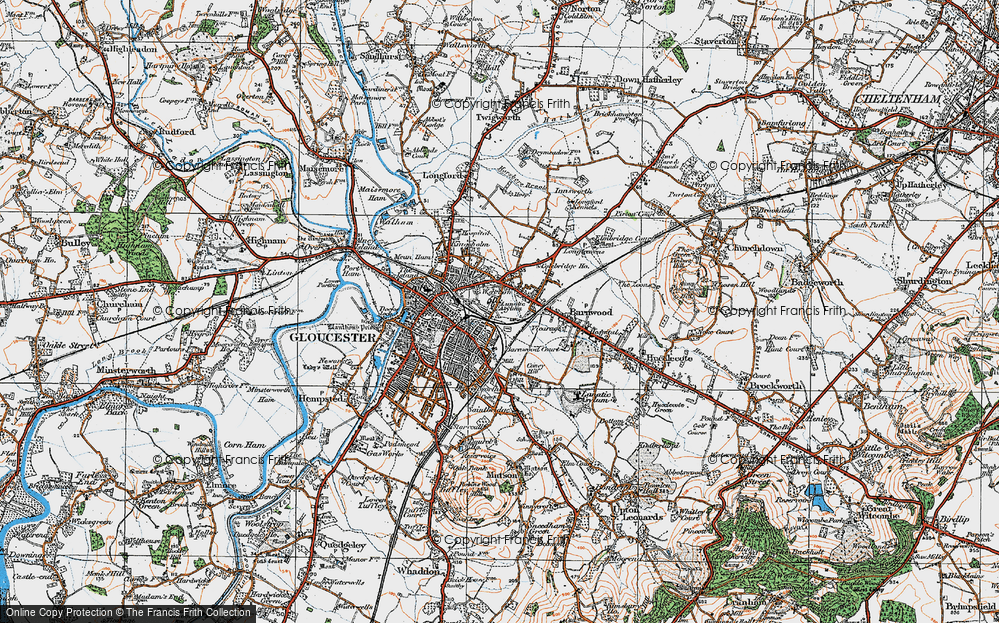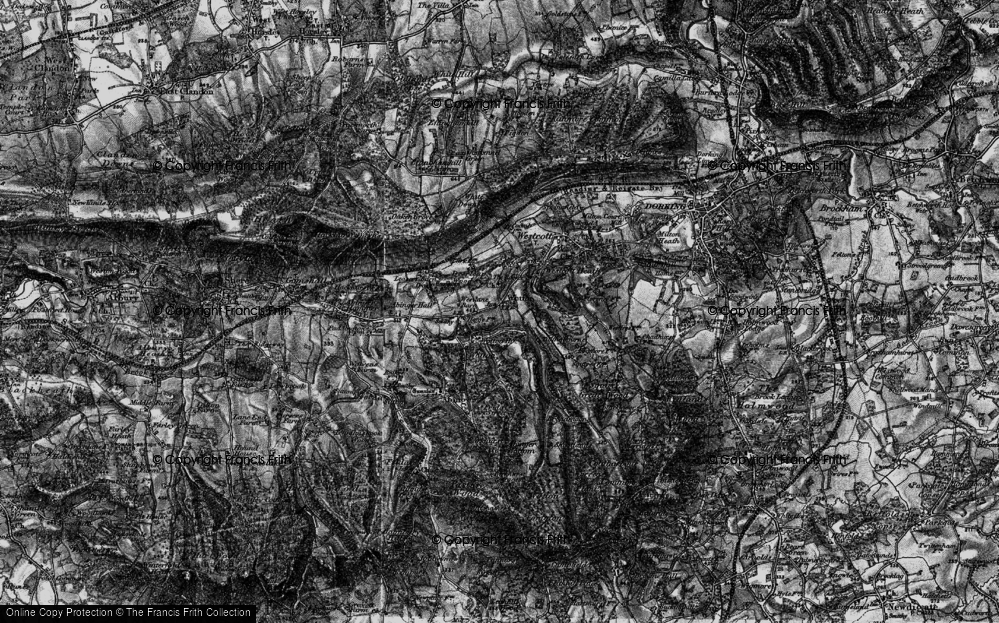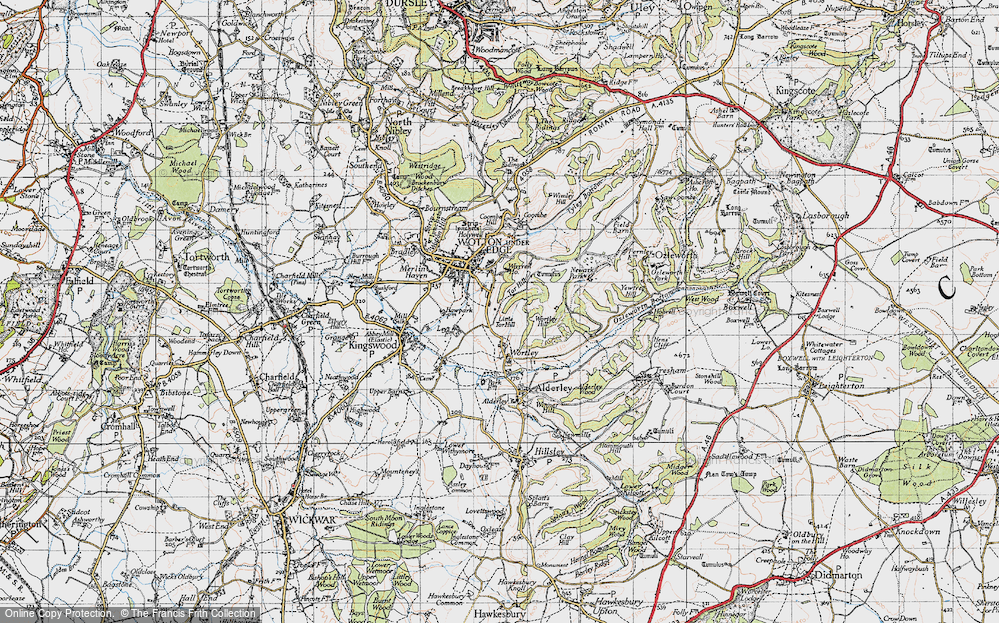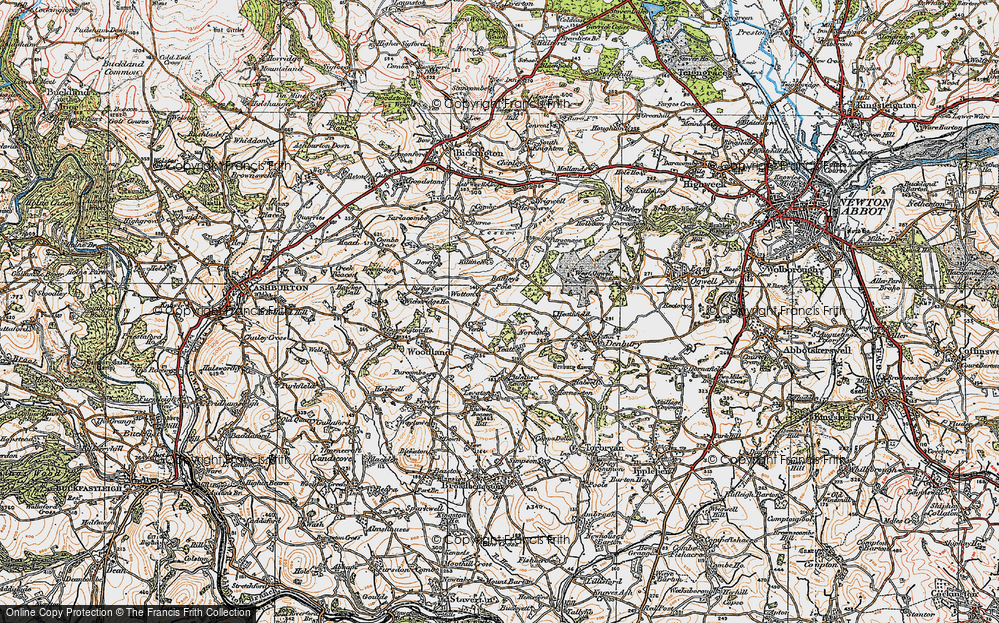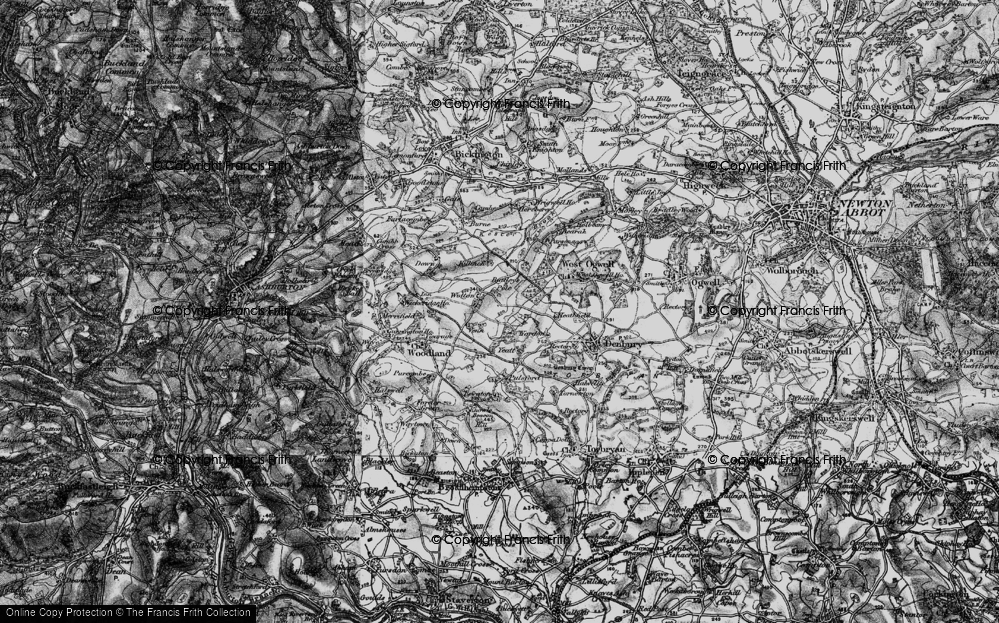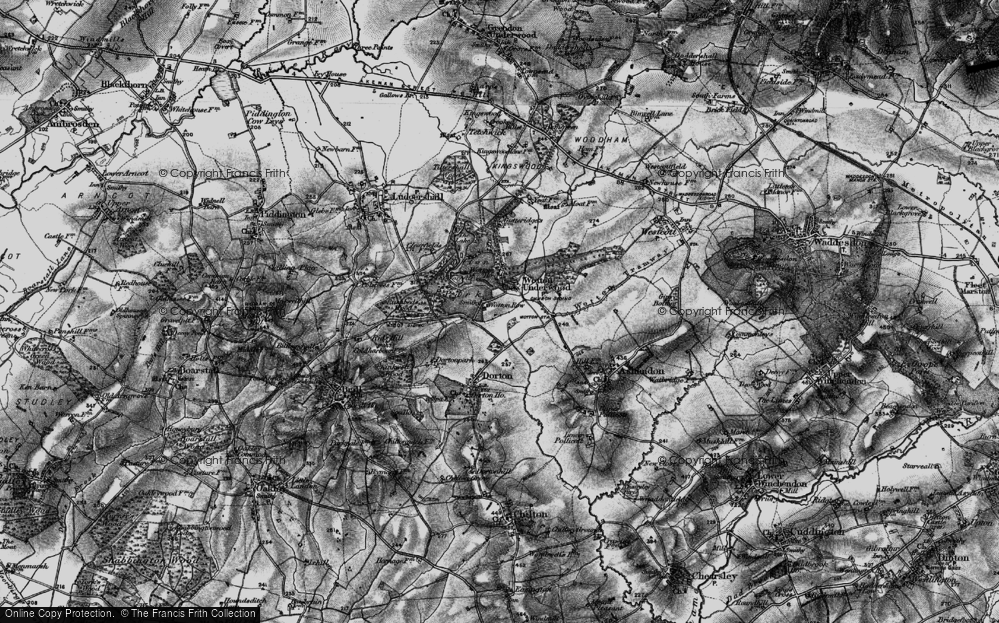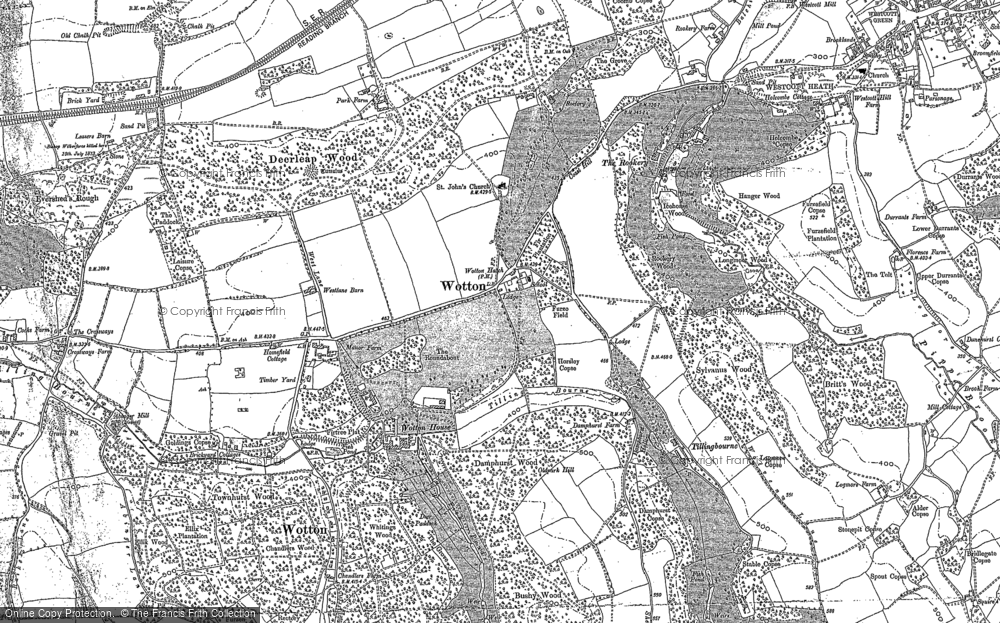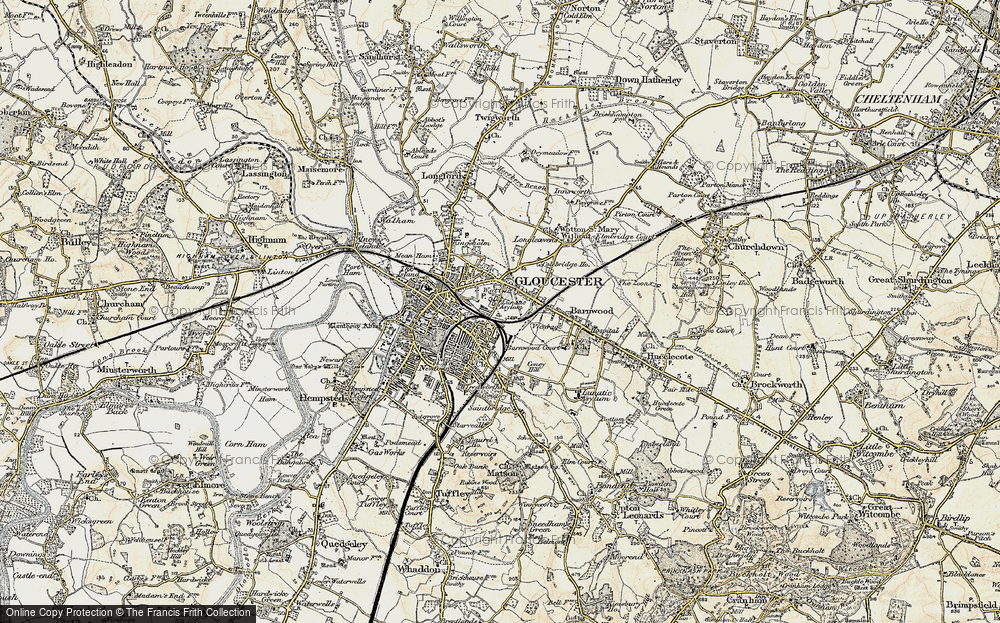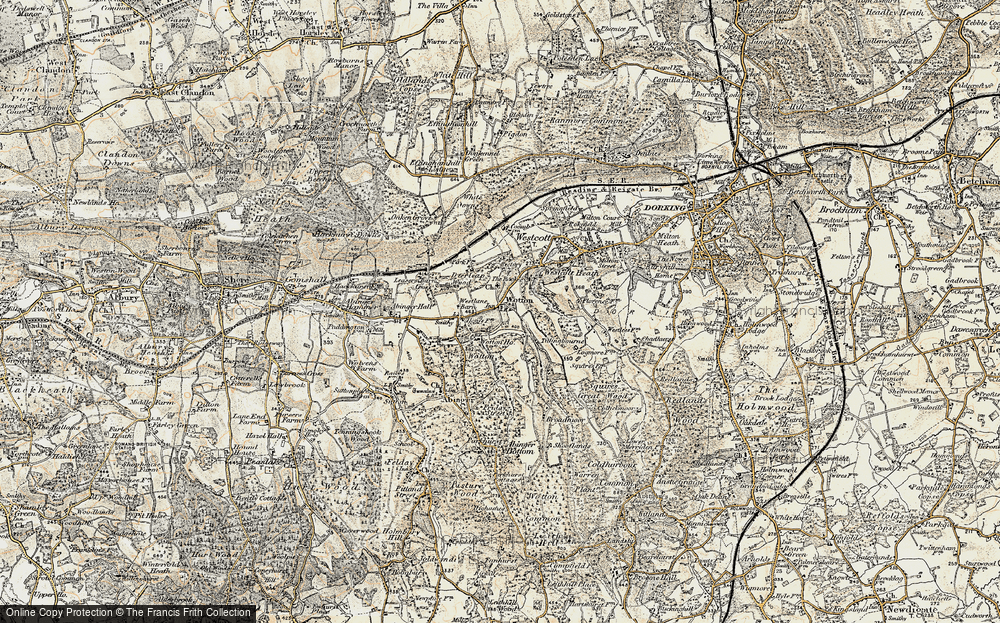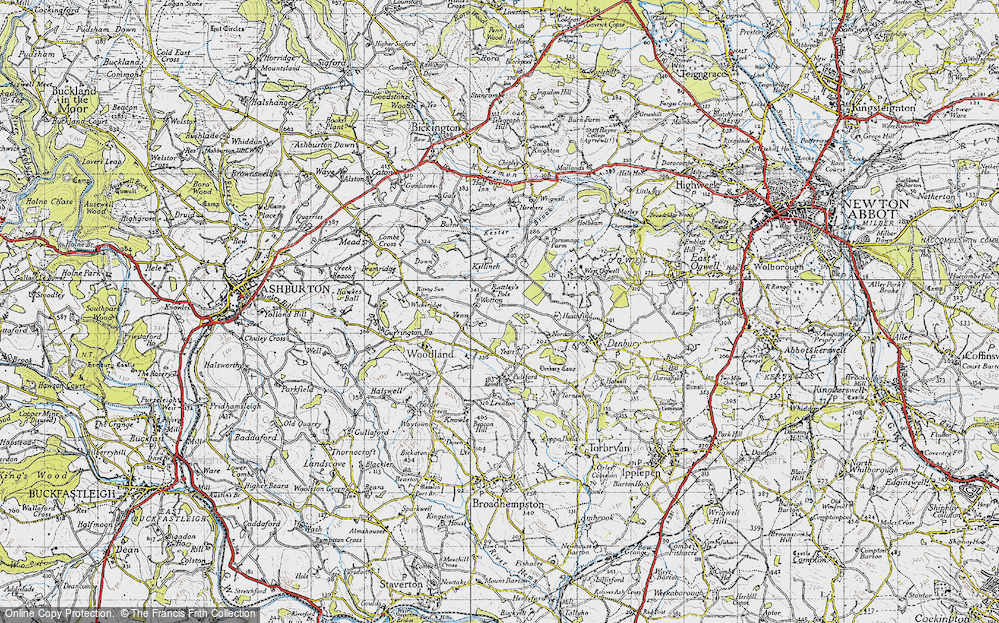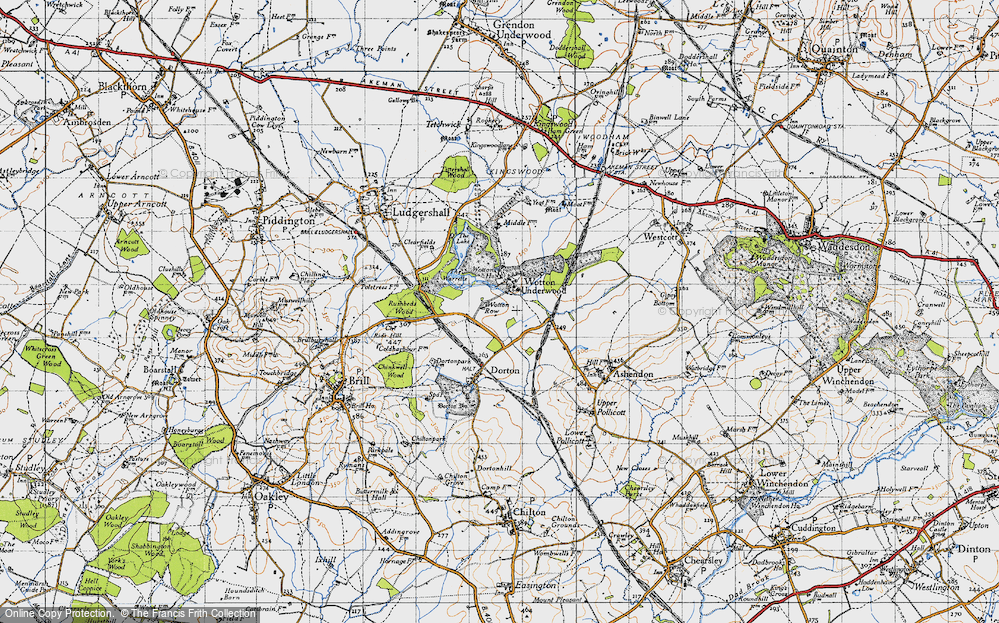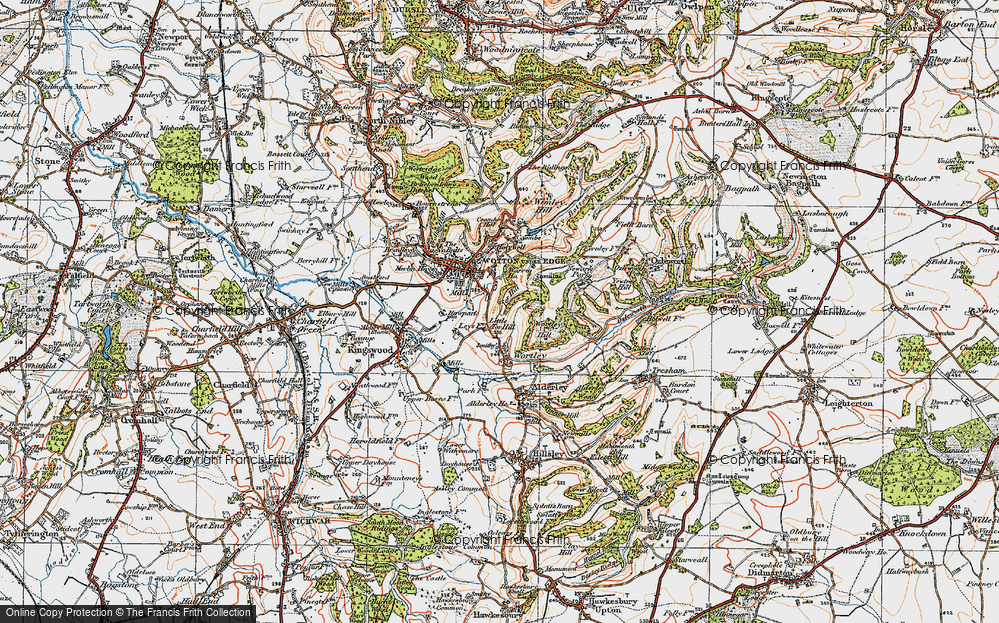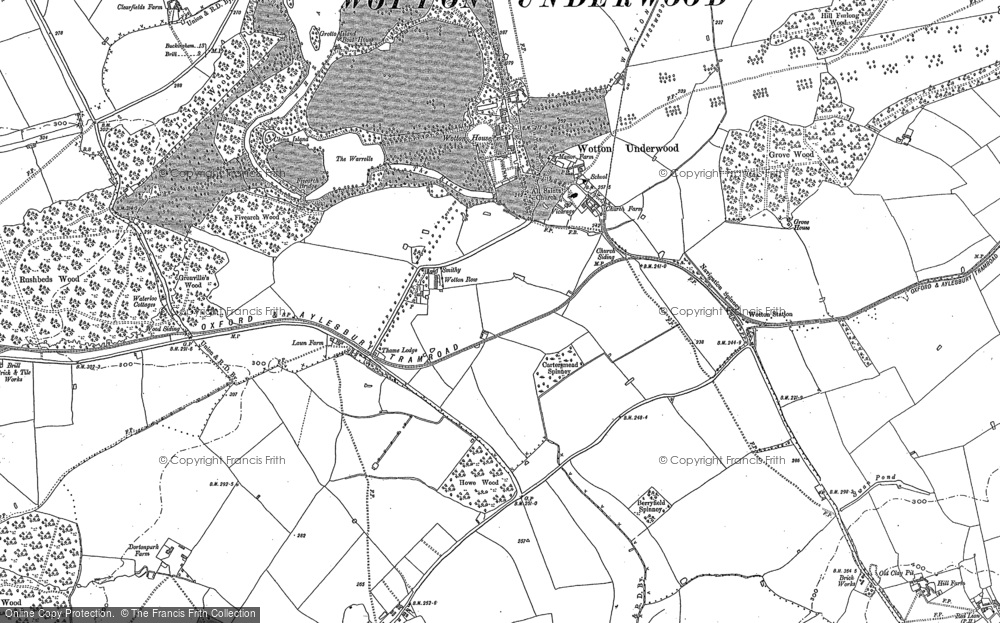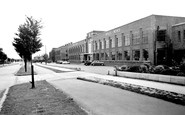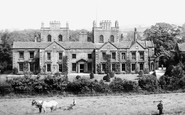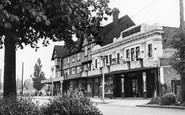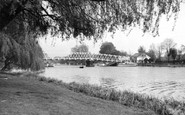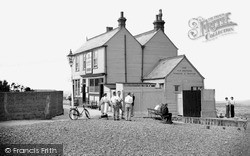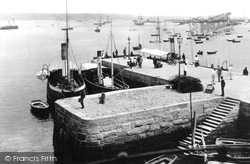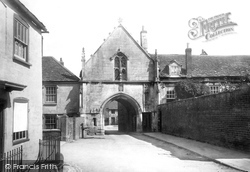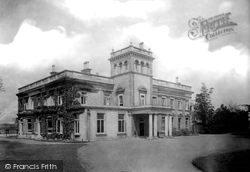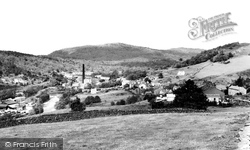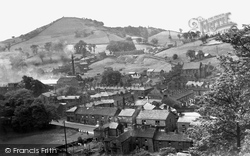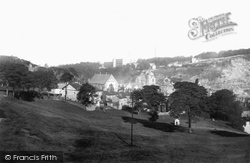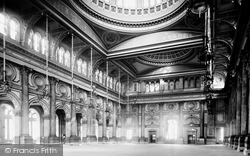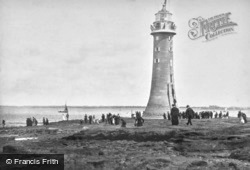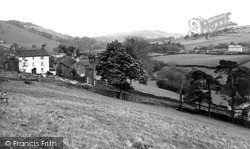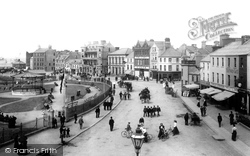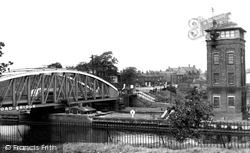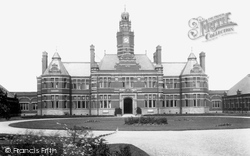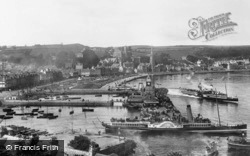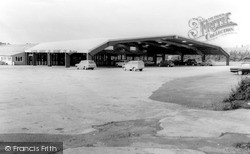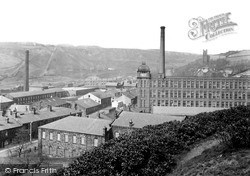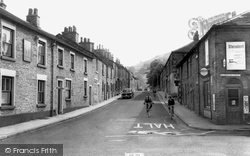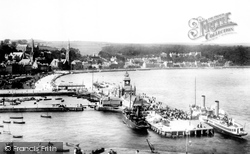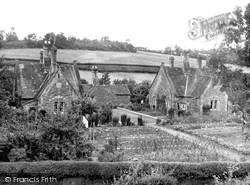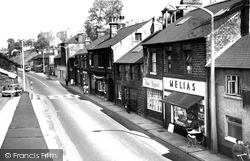Places
5 places found.
Those places high-lighted have photos. All locations may have maps, books and memories.
Photos
104 photos found. Showing results 1 to 20.
Maps
75 maps found.
Books
Sorry, no books were found that related to your search.
Memories
177 memories found. Showing results 1 to 10.
Wimbledon Arcade
Wimbledon had an 'Arcade' very close to Wimbledon Theatre, here you could purchase many items, from cottons to wet fish, but best of all cheap 45rpm. records ex-juke box versions ,many of which you had to add a 'spider 'to the centre.Does any else remember purchaseing records here.
A memory of Wimbledon in 1958 by
Farley Croft Wwii
I am 86 but still remember the time at Farley Croft during WWII. My siblings and I were evacuated to Westerham in 1939. Around 1942/46 my sisters Rose, Sylvia and I were taken from the billet we were in and put in Farley Croft ...Read more
A memory of Westerham by
In The House Of The Laird
My parents were 'in service' to the local 'laird' who was Lord Doune, traditionally the eldest son of the Earl of Moray and owner of lands around Doune. Lord Doune owned the beautiful old mansion on the hill 1.5 miles north ...Read more
A memory of Doune in 1948 by
Air Conditioning
I worked in Rolls-Royce installing the air conditioning unit, taking the car out on the road to test the system worked correctly. I worked with Maurice Ashwin, my foreman was Jack Gadd. The senior bosses were always known by ...Read more
A memory of Crewe in 1960 by
The Ormerod Family.
Ormerod House passed out of the Ormerod family when the male line died out and the three daughters of the last Ormerod married. Their husbands were John Hargreaves, a local coal mine owner, the Rev William Thursby who became vicar ...Read more
A memory of Burnley in 1900 by
Memories Remembered
Memories Remembered After reading Brian Keighley’s story of his memories in Lifton, my memories came flooding back and has prompted me to recall a few of my own. I was born in Lifton 18 months after my sister Jean in 1927 at ...Read more
A memory of Lifton by
The Move From The Old Infirmary To Huddersfield Royal Infirmary 1966.
I clearly remember arriving at 'Ellerslie' a large detached Victorian house situated in the suburb of Edgerton near Huddersfield. The house had been used as a nurses' training ...Read more
A memory of Huddersfield by
Victory Parade And The Sudden Downpour
What memories this picture brings back to life again!! I had just been discharged from the Fever Hospital having spent six weeks there with Scarlet Fever. Nothing was going to stop me from taking part in the ...Read more
A memory of Pitsea by
Those Were The Days.
i am the Tony Williams that used to live in Hatherop road, Infant, Junior, Senior Schools Hampton. i moved to Bristol in 1953, i now live in Frome Somerset. I had lots of good happy memories of Hampton especially going fishing ...Read more
A memory of Hampton by
Camberley...Where Do I Start ?!
Our family lived at Lightwater (1 High View Road) ; I passed 11 plus and was sent to Frimley And Camberley County Grammar School, starting in Sept. 1959. One of the first things we had to do was to get the uniform. We ...Read more
A memory of Camberley by
Captions
124 captions found. Showing results 1 to 24.
The diarist John Evelyn described the 'delicious streames and venerable Woods' around Wotton. He
The new Old Neptune was a conversion of two cottages; at the time of this photograph it was a local brewer's Tomson & Wotton's house.
The three passenger steamers alongside the quay are, from left to right, the 'New Resolute', the 'Wotton' and probably the 'St Mawes Castle'.
This 15th-century gatehouse is in the village of Kingswood, one mile south of Wotton; it is part of the Cistercian abbey which existed here until the Dissolution.
Sir Henry Wotton, in 1624, said that the scene was 'without parallel among foreign Nationes ... in the Garden of Sir Henry Fanshawe at his seat in Ware-Parke'.
Backbarrow Cotton Mill was notorious for its cruel treatment of the children who worked there.
There were once thirteen cotton mills here, and the town was linked by both canal and rail to other industrial centres all around.
By the 1860s Bollington was thriving, but during the American Civil War the cotton towns of Lancashire, east Cheshire and north Derbyshire felt the effects of the Federal blockade of Confederate ports.
Those who did their business here would know where to find the Blackburn cotton manufacturers, or the Oldham cotton spinners, as well as cotton brokers, agents for the Indian and Chinese markets, and machinery
A ship carrying cotton bales was shipwrecked off Wirral, and the bales washed ashore.
All those cotton mills needed spun cotton, and this village, sitting right on the edge of the Peak District National Park, was once an important spinning centre.
But there are links with an older Bangor: the wide space once held cotton mills when that was a protected industry in Ireland.
Backbarrow Cotton Mill was notorious for its bad treatment of the children who worked there.
Raw cotton imports and finished cotton exports represented about 70 per cent of the value of goods being shipped, though since 1951 oil had become the primary tonnage commodity.
The land was donated by John Ferney, a retired cotton spinner, and much of the funding was provided by William Atkinson, a cotton manufacturer.
The land was donated by John Ferney, a retired cotton spinner, and much of the funding was provided by William Atkinson, a cotton manufacturer.
Between 1787 and 1834, the number of cotton mills in Scotland rocketed from just 19 to 134.
His warehouses survive, and so does part of his brickworks, and a single building from his cotton mill also survives in the car auction complex.
Facit New Mill was a cotton mill employing 700 people in its heyday – it closed in the mid 1960s.
'A thriving village with some collieries and extensive cotton factories' was how Bollington was described in 1848.
Between 1787 and 1834, the number of cotton mills opened in Scotland rocketed from just 19 to 134.
Nearby Hampton Court became the home of the Arkwright family, the well-known cotton spinning industrialists.
In the 19th century the town's industrial base boasted Samuel Lucas & Sons, ironfounders, spade, shovel and spindle manufacturers; George Ward & Co, who were spindle manufacturers for the worsted, cotton
His warehouses survive, and so does part of his brickworks, and a single building from his cotton mill also survives in the car auction complex.
Places (5)
Photos (104)
Memories (177)
Books (0)
Maps (75)


